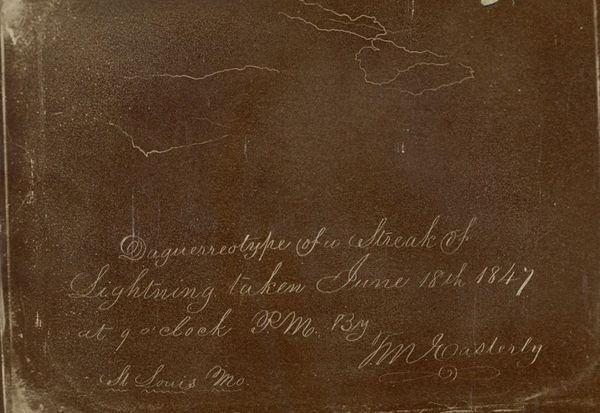This Day in History is DUE’s daily dose of trivia for all the history buffs out there. So sit back and take a ride to all the fascinating things that happened today!
People are trapped in history and history is trapped in people, and hence, every day has been a significant one in the foibles of History. Let’s take a tour of “This Day in History – 18th of June”.
1682 William Penn founds Philadelphia, US
Philadelphia was William Penn’s “Holy Experiment.” King Charles II repaid a debt he owed to Penn’s father by giving the young Quaker a parcel of land the king called Pennsylvania, meaning “Penn’s Woods.” Penn decided to design a city based on his religion’s ideal of equality—radical for the time—where Quakers, Catholics, Anglicans, and Jews lived alongside one another. Resident’s welcoming nature harkens back to the city’s founder, who called the city Philadelphia, a combination of the Greek words for “brother” and “love.”
1815 Battle of Waterloo

After more than a decade of dominating the European continent, the French Emperor Napoleon Bonaparte had been defeated at Leipzig in 1813 and was later exiled to the island of Elba. This triumphant arrangement did not last long: Napoleon quickly escaped, starting what was known as the Hundred Days, where he assumed control of France once more. Hearing the news, his adversaries rushed together an army and went to confront him at the town of Waterloo in Belgium.
The coalition armies, controlled by the Duke of Wellington for the British and Gebhard Leberecht von Blücher for the Prussians, crushed Napoleon in the battle. When he returned to Paris, the country had turned against him, and so he abdicated for a second and final time, decisively ending the Napoleonic era. He was later exiled to the island of St. Helena in the Atlantic, where he died (having possibly been murdered) in 1821.
1837 Spain gets new Constitution
The Spanish Constitution of 1837 was the constitution of Spain from 1837 to 1845. Its principal legacy was to restore the most progressive features of the Spanish Constitution of 1812 and to entrench the concepts of constitutionalism, parliamentarian, and separation of powers in Spain.
1847 The First Photo of Lightning

Cabinet card photo of a daguerreotype by Thomas Martin Easterly, showing streaks of lightning. (Image Source: onthisday.com)
American photographer Thomas Martin Easterly takes the earliest known photograph of lightning using the daguerreotype process in St. Louis, Missouri.
1928 1st woman to fly across the Atlantic
American aviator Amelia Earhart becomes the 1st woman to fly across the Atlantic Ocean landing at Burry Port, Wales.
2019 Chennai, India’s 6th largest city with 4 million people runs out of water as its reservoirs dry up
Chennai, the sixth-largest city in India is running out of water for its nearly 4.6 million residents as four of the city’s reservoirs are nearly dry due to a heatwave and drought. Many people are reported to have been waiting hours in line for water being provided through government tankers.
Read more here.
For further updates, follow the “This Day in History” section.
